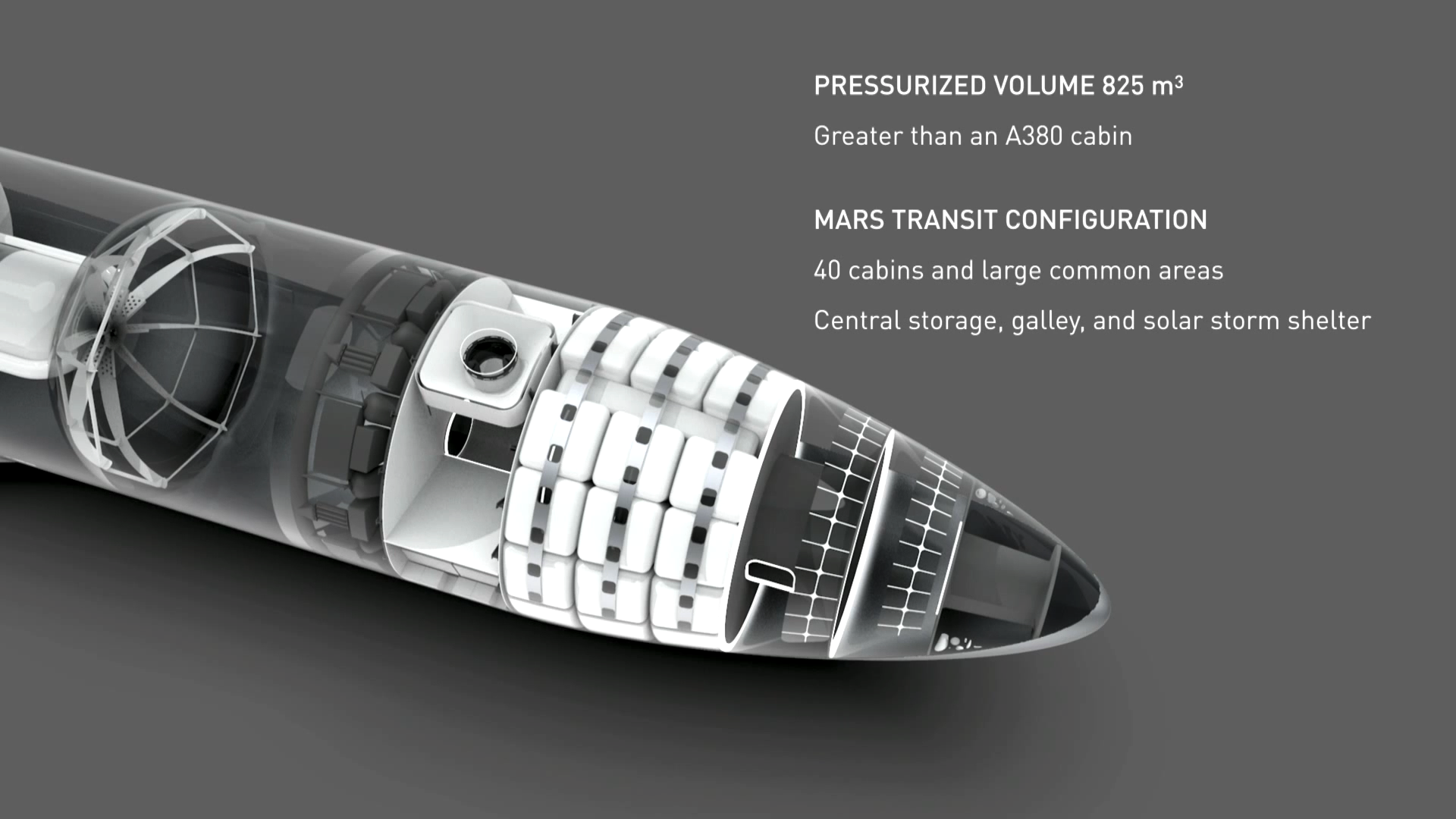Big Falcon Rocket - The Challenges (part one)
The Challenges for Space X's Big Falcon Rocket
(Part one of three)
In September 2017, Elon Musk presented his vision for Space X's Big Falcon Rocket (BFR). With his recent launch of the Falcon Heavy, with his Tesla on board, Space X has decided to refocus efforts towards the BFR (Etherington, 2018). Unlike the Falcon Rockets however, the BFR has to factor in how to reduce the high velocity while traveling to Mars and landing on Mars with 1% of Earth's atmosphere. This was clearly illustrated with the Mars Curiosity Rover as seen in the Seven Minutes of Terror video.
So, how will the BFR overcome the intense heat during the decent landing? If using thrusters to land, will it have an Autonomous Landing Hazard Avoidance Technology (ALHAT) system to help avoid hazards during landing?
This is not the only challenge since the goal is to send humans to Mars. Mortillaro, (2018), states in his article, "The rocket will be composed of two stages: the booster and the ship. The ship's payload bay, where people and cargo go, will be eight stories tall." This is a nice design, and although it's only a preliminary plan, the functionality lacks some of the necessary items to deal with how space will affect the anticipated 100 passengers going on the mission. What about bathroom facilities for such a large group of individuals? Again, they are traveling for six months unless there is a way to reduce travel time by launch date. Will there be a recycling system for sweat, moisture, and urine like the International Space Station has? If people use 8 cups of water/day, the rocket will require 40,000 gallons of water for the journey. That's an added 320,000 lbs just for water. With Musk's cost-conscious attitude, a water reclycling system is almost a given.

Image Credit
The effects on the human traveler will also be a concern. NASA astronauts have already learned about factors such as sensory conflict, space motion sickness, changes in the neurovestibular system, the effects of fluid shift on the body after a six-month journey, bone loss, and muscle atrophy. If the effects on the body are not enough, these space travelers will also have to contend with the phsycological factors that come with such a journey.
In part two of my three-part series, I will discuss these challenges in more detail and explain the specifics behind such concerns. In part three, I will attempt to explain what conditions these passengers might expect upon landing along with psychological factors they might have to overcome.
Hi, I found some acronyms/abbreviations in this post. This is how they expand:
Very interesting to see. Welcome and all the best with everything.
Thank You. I hope you enjoy my other two posts that will be coming.
awesome to hear, this is a great program spacex , i love elon musk and his views and everything his program does for mankind moving forward, we saw on of the launches from California recent.
be well
@spederson
I'm jealous, but of course, I wish I was one of the hundred going in the future.
cool read. I was on the PYPT chat and heard your rant. Way cool stuff. Thanks for sharing for sure
Thank You. Hope you enjoy my second post too.
Congratulations @spederson! You have completed some achievement on Steemit and have been rewarded with new badge(s) :
Click on any badge to view your own Board of Honor on SteemitBoard.
For more information about SteemitBoard, click here
If you no longer want to receive notifications, reply to this comment with the word
STOP